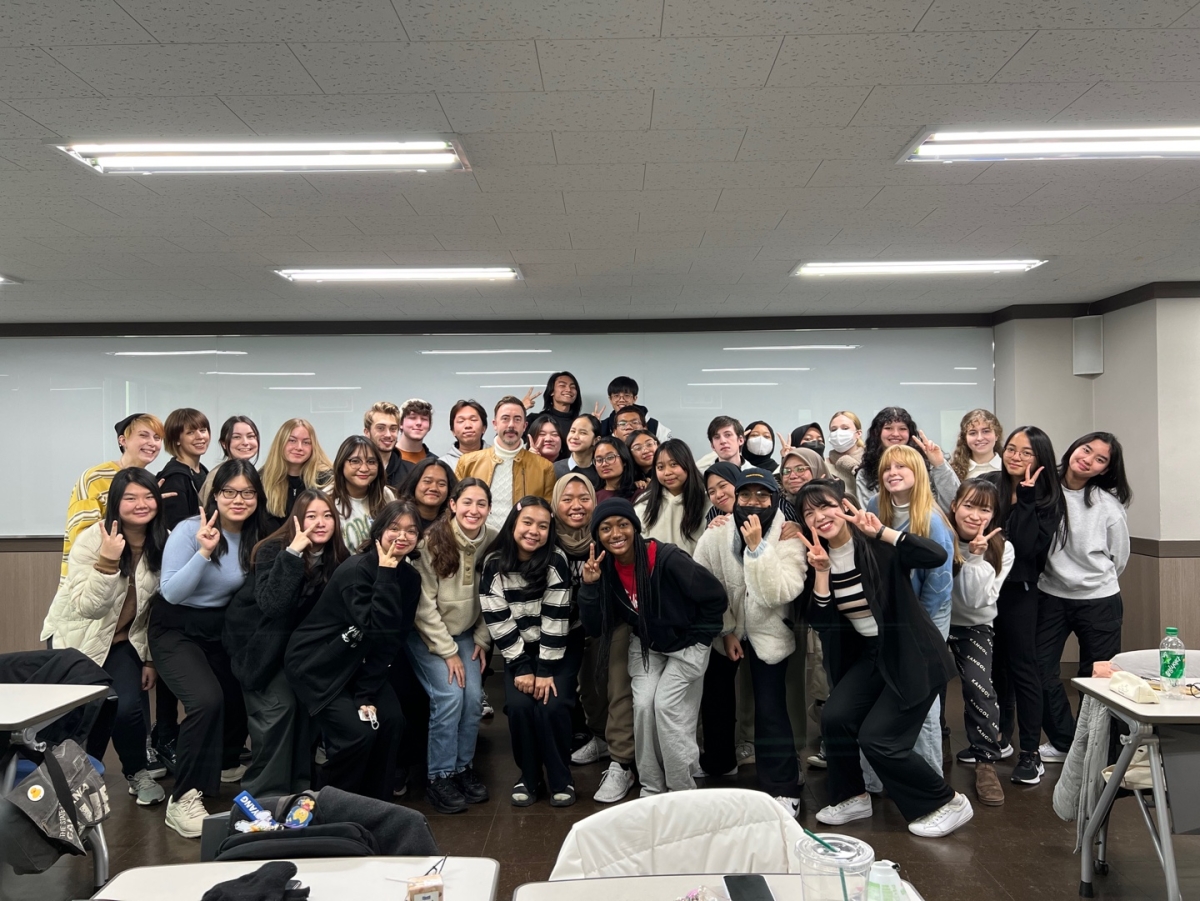[KoTEX Issue No.2] Koreanization of Global Youth

December 21, 2022 - Though each country embraces its own language, culture, and history, transnational proximity is achieved through the sharing of emotions. This mutual recognition of human values such as hope, despair, joy, and even lust, then gives birth to a global culture. Successful movies, popular singers, groundbreaking books, hashtags, and global events all resonate similarly among people, particularly of the same generation. Driven by the exponential growth of technology and the omnipresence of social media platforms, we are slowly transcending cultural and regional homogeneity. A new age is upon us.
Yet many of a certain age in Korea doubt the global popularity of Hallyu. For decades they have heard over-enthusiastic tales from the government and domestic media about how K-pop groups and Korean food have been taking the West by storm, only to then discover on traveling to those places that the reality was far different. “It’s all smoke and mirrors in the desire for legitimacy amidst the Cold War contestations with the communists to the North,” they would (often rightly) shrug.
But those shrugs are becoming more and more unfounded. Hallyu is huge, it’s real, and it’s here. For a non-western, non-English speaking country to be affecting people all around the world through a variety of contents—from movies to food and cosmetics to webtoons—is a largely unparalleled success story in the modern world. What people once thought of as war-trodden and poor are now symbols of affluence and beauty. We are experiencing a vibe shift.
Part of that vibe shift is a growing number of young international students drawn to the country. This can often arise out of a deep love for Hallyu content or simply because everyone seems to be talking about Korea these days. Irrespective of the reason, my Korean Studies lectures become ever larger, filled with curious young adults wanting to know more about Confucianism, Han, the Minjung movement, Nunchi, Lookism, and Gatsaeng. They slowly learn of a more complex and rich history and culture beyond the glitz and glamour of the high-definition content. They also come to terms with the turbulent (and violent) history the peninsula has experienced.
Throughout this, during their time in Korea, a new and as yet largely undocumented phenomenon is occurring: The Koreanization of global youth. A whole generation of people is slowly, and often unconsciously, becoming more Korean. Not ethnically, but culturally and aesthetically. It is impossible to navigate Seoul and not be influenced by the rhythms and pace of life, to look at the clothes on those next to you on the subway and not want to try that style, to sit in a coffee shop and not consider a new haircut, Samsung phone, and perhaps a bukae (a secondary character for your dope Insta stories). This is the true soft power of Korea in the 21st century. It’s not just about Billboards, Grammys, and World Cups. It’s also changing the hearts and minds (and hairstyles) of the people that experience it first-hand. This is Koreanization.
About the Author


